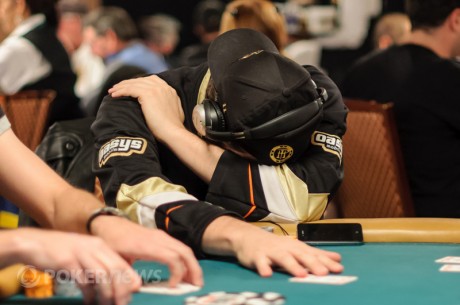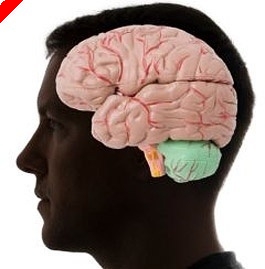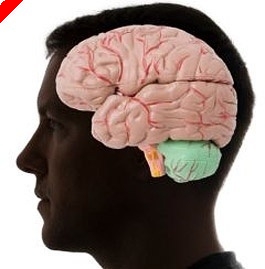The Poker Shrink, Vol 29 - Psychological Aspects of Table Talk: Part One

There are literally a dozen potential articles on the psychology of table talk. Today I want to deal with table talk and floor calls. Remember that a good poker player will be paying attention to everything that is said at the table. Everything includes interactions with the dealers and floor staff.
Let's take a look at an example that happened just last evening. I was playing in a low buy-in tournament when the following incident occurred. A first time player was in the BB, it was the third round of blinds and he had only large chips in his stack, so he put out a 500 to cover the 100 big blind. While the action was still at the far end of the table, he asked the dealer for his change for the blind. She replied: "I'll get that when the action comes to you." A mid-position player raises to 500 and when the action gets to the BB, the dealer says: "OK, there we go, would you like to call?"
The BB player says: "Yes" but then reaches for chips to raise and says: "I want to raise."
The dealer gets a stricken look and properly calls for the floor and retells the story but relates it this manner: "The player said: "I call.'" The floor rules the action stands at a call.
Now this little story would be over had not another player at the table spoken up: "Excuse me, while I agree with your ruling," he said to the floor "that is not how the action took place." As he told the correct chain of events and the dealer got that same stricken look again; the floor listened, pondered and then properly apoligized for the dealer's verbal direction to the player but again ruled that the call stood as the blig blind's action.
Interesting floor situation but it's the table talk that we want to address. Anyone who did not already know that the player in the BB was a first time amateur now knew it for sure. More importantly, everyone also knew that the player who spoke up was:
a) A knowledgeable player;
b) A fair player;
c) A player who knows the rules
d) A player who follows the action closely
We can and should assume that this player has now raised his table image but, of course, the question is was that something he wanted to do? Remember every action at the table is being observed, judged and used by other players in assessing your play. Was this small floor call a significant enough event for this player to give away all of this information about himself? Now certainly the player may have wished to establish his image, in which case, mission accomplished. All too often, however, players give away unnecessary information about themselves when the rule should be: 'The less they know the better.'
Think about this the next time a floor call is made at your table, if you don't need to be involved perhaps you shouldn't. Do pay attention to who speaks and what they say and in particular to who makes the floor call. Generally, it is the dealer who calls the floor but did the dealer catch the precipitating incident or did another player? How did the players react to the floor call and the floor decision? Did someone go on tilt when the call went against them? Did someone get angry and demand the floor in the first place? and it they did, were they really angry or was this some kind of act to establish a 'Don't mess with me' table image.
Everything that happens at the table is worth taking in and adding to your analysis of your opponents. Don't take a break when the floor is called; not when free information is about to be given.








